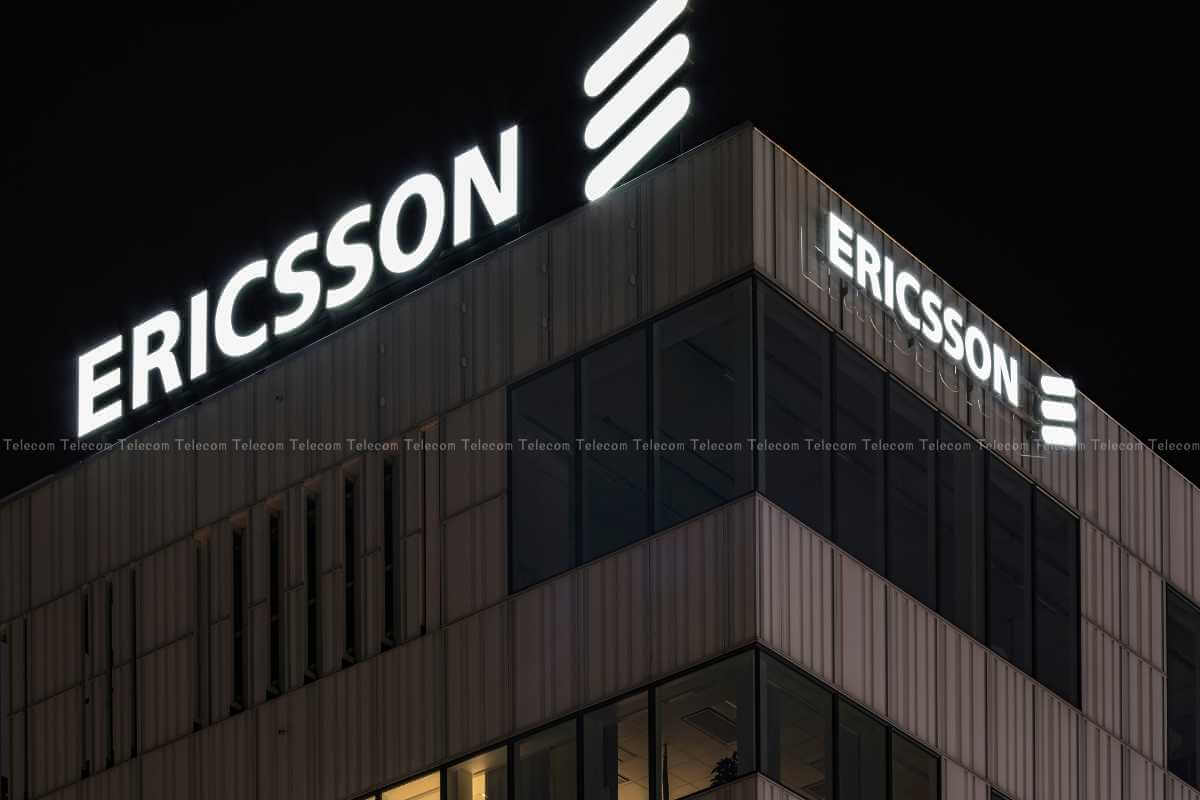
Swedish telecom gear maker Ericsson showcased a robust performance in India, which helped offset the expected softening in other markets, notably North America, according to the Q2 2023 earnings report released on Friday. The company highlighted its record build-out speed in India, where it has now secured a leading market share.
Also Read: Ericsson and MediaTek Reach Record 565 Mbps Uplink Speed for 5G FWA
Growth in Enterprise Segment
While overall group organic sales experienced a decline of -9%, a -13% decline in Networks was partially mitigated by a remarkable 20% organic growth in the Enterprise segment.
"Sales growth in India partly offset the expected softening we saw in other markets, notably in North America, where build-out pace moderated and customer inventory levels were reduced," said Borje Ekholm, Ericsson's President and CEO.
The telecom giant also announced the successful landing of another important 5G licensing agreement with a device vendor. This achievement further strengthens Ericsson's intellectual property rights portfolio, positioning the company for continued growth in licensing vendors who were previously unlicensed for 5G technology.
In the Cloud Software and Services division, Ericsson expressed confidence in achieving at least a break-even EBITA (Earnings Before Interest, Taxes, and Amortization) for the full year 2023.
Also Read: Ericsson Ships 10 Million 5G-Ready Radios Worldwide
However, the earnings report revealed a net loss of SEK -0.6 (4.7) billion, primarily attributed to restructuring charges. The company's EBITA, excluding restructuring charges, stood at SEK 3.7 (7.5) billion, with an EBITA margin of 5.7% (12.0%). Reported EBITA was SEK 0.5 (7.5) billion, including restructuring charges amounting to SEK -3.1 (0.0) billion.
India has become Ericsson's second-largest market
Despite the challenging financials, Ericsson said it remains optimistic about its position in India, where the company experienced continued momentum. India has now become Ericsson's second-largest market and amongst the top 5 countries in net sales, contributing 14 percent to net sales in Q2, just behind the United States.
Ericsson's strong performance in the South East Asia, Oceania, and India market area showcased remarkable growth, with adjusted sales increasing by 71% YoY, primarily driven by gains in 5G market share in India.
Reported sales in the region also grew by 74% YoY. However, Networks sales adjusted for comparable units and currency declined by -13% YoY. Despite this decline, Networks still accounted for a significant 66% (74%) of the Group's sales, Ericsson said.
Also Read: Ericsson Unveils Energy-Smart 5G Site in Texas, Powered by Renewable Energy
Carrying Half of World's 5G Traffic outside China
Ericsson reiterated its competitive advantage, highlighting its ability to deliver leading performance, energy efficiency, and cost optimization. The company stated that its radios carry approximately half of the world's 5G traffic outside of China.
Risk Factors
The earnings report also addressed the risk factors associated with supply chain disruptions. Ericsson acknowledged its dependence on obtaining timely and adequate supplies of materials, components, and production capacity from suppliers, some of which may be single-source or geographically vulnerable.
According to the report, the current tensions between the United States and China, along with cross-strait relations, have increased these risks. Interruptions in the supply chain could potentially impact the company's ability to deliver products and services, leading to delays, interruptions, or increased costs.
Also Read: Ericsson and Proptivity Deploy World’s First Neutral Host-Led Indoor 5G Network in Stockholm
As of June 30, 2023, Ericsson reported a net cash position of SEK 1.9 billion, compared to SEK 13.6 billion on March 31, 2023. The company's free cash flow before M&A was SEK -5.0 (4.4) billion, influenced by lower EBIT, payments to the US Department of Justice, and increased working capital, according the report.
While Ericsson faces certain challenges in global markets, its strong performance in India and strategic positioning in key sectors such as 5G technology licensing and cloud services present opportunities for continued growth and success in the telecommunications industry.















